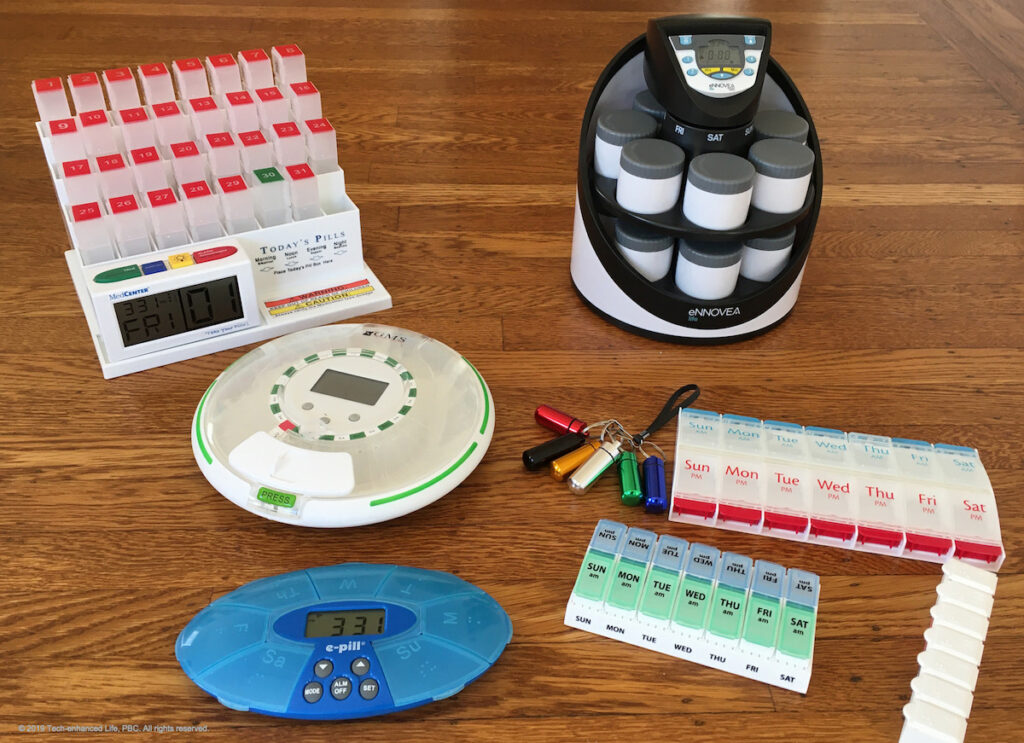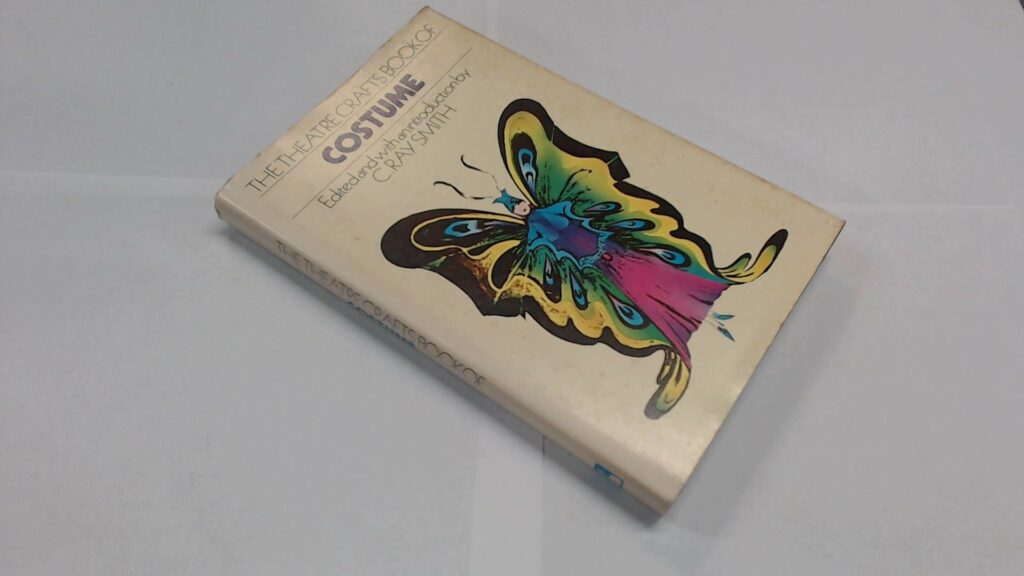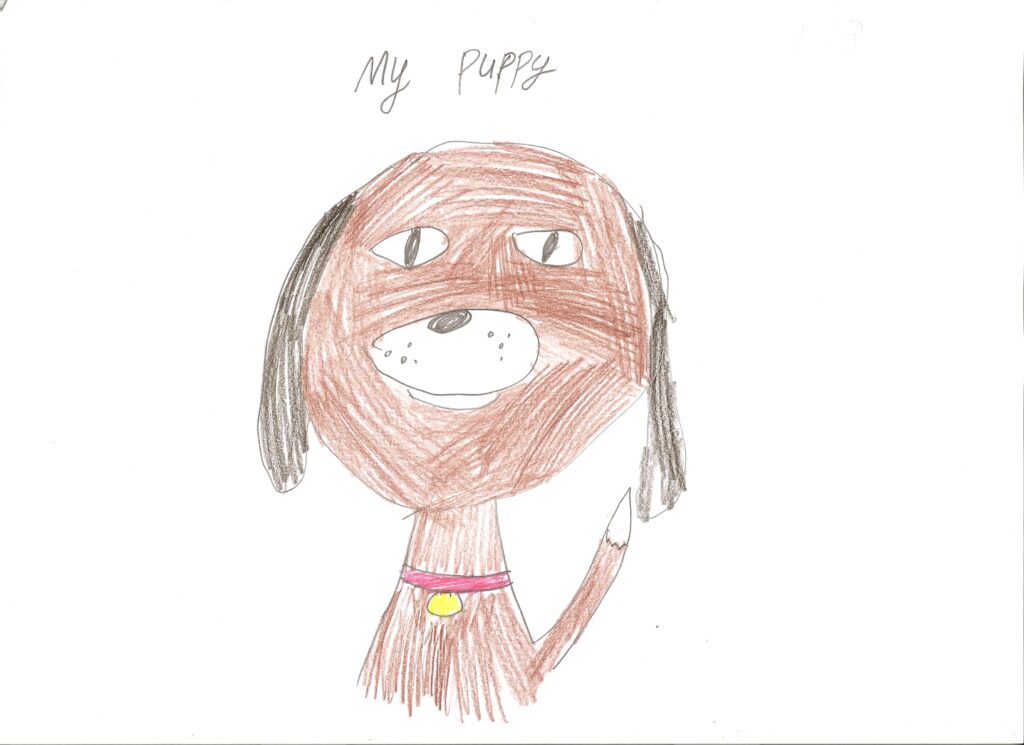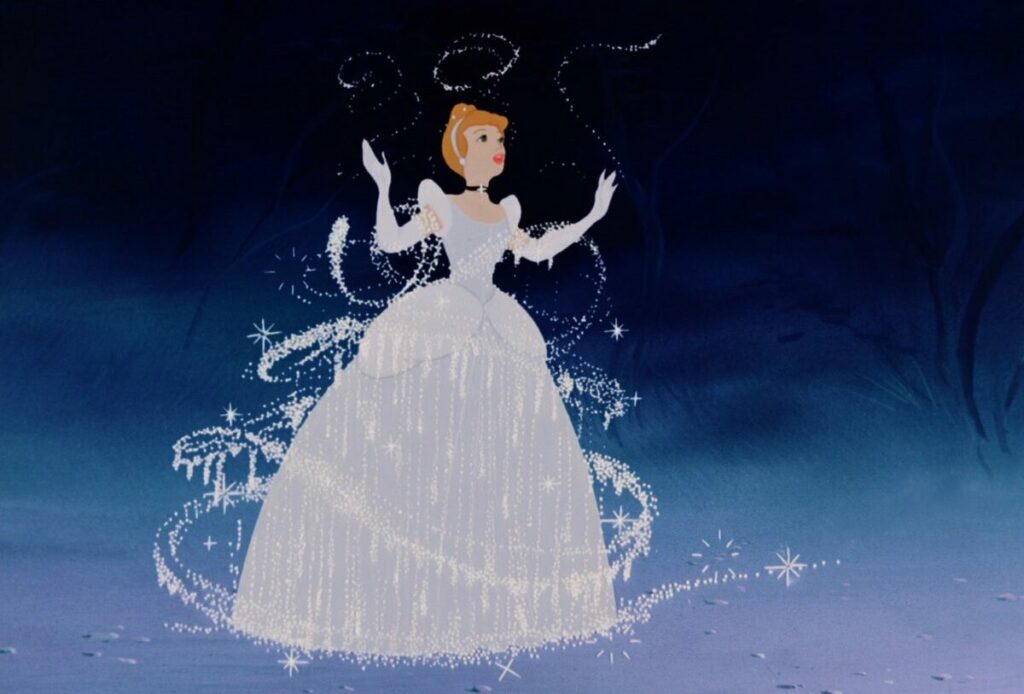Posts by Marc Olmsted
Writing for Mindfulness: The Foundations of Mindful Writing
Being present, focusing on images, appreciating goodness: these are the foundations of mindful writing. Writing for mindfulness is a skill that any writer can develop, helping you to sharpen your…
Read MoreTOOTHLESS
Suzi got her teeth in Tijuana— now not an Implant in her head— courtesy of her filthy rich parents looking for a deal
Read MoreI’ll Fly Away
So, you might remember how I was telling you about my sister’s funeral, which happened during all the Covid 19 madness and even though she didn’t die of the virus…
Read MoreThere But For The Grace of God
The phone rings and you don’t know if it’s the phone or the new, beeping pill dispenser your husband bought so he could leave you alone in the house for…
Read MoreAunt Joan
My aunt is disappearing along with all the small talk, the old stories the laughs… Sometimes, when I visit her eyes flash for an instant with an old light before…
Read MoreCome Back
in your hospital gown bleached gray as an old dog’s beard, the robe hanging from the anvil of your back, gnarled feet in paper slippers. I’ll float you away on…
Read MoreWhile my Mother Dreams of Judge Judy
I dream, too. In this dream, Judy’s rage ruffles the quiet cut-outs of her collar. Madame! she shouts at the teen mother whose boyfriend’s Pitbull bites. First the boyfriend and…
Read MoreBeach Walk
I watched the surfers this morning. A ballet of arrowheads floated over jade glass, Cormorants as audience dove alongside. They remind me of the Bongo Board, mom balanced barefooted in…
Read MoreFaces
My granddaughter’s eyelashes are arcs of fringe at the edge of her lids as she stares down at a sheet of paper, her right hand, intent on capturing the two…
Read MoreTo Magic
Every mother dreams of the day her daughter gets married. She prays it’s to a man that will love her with all his heart. A man who will take on…
Read More









